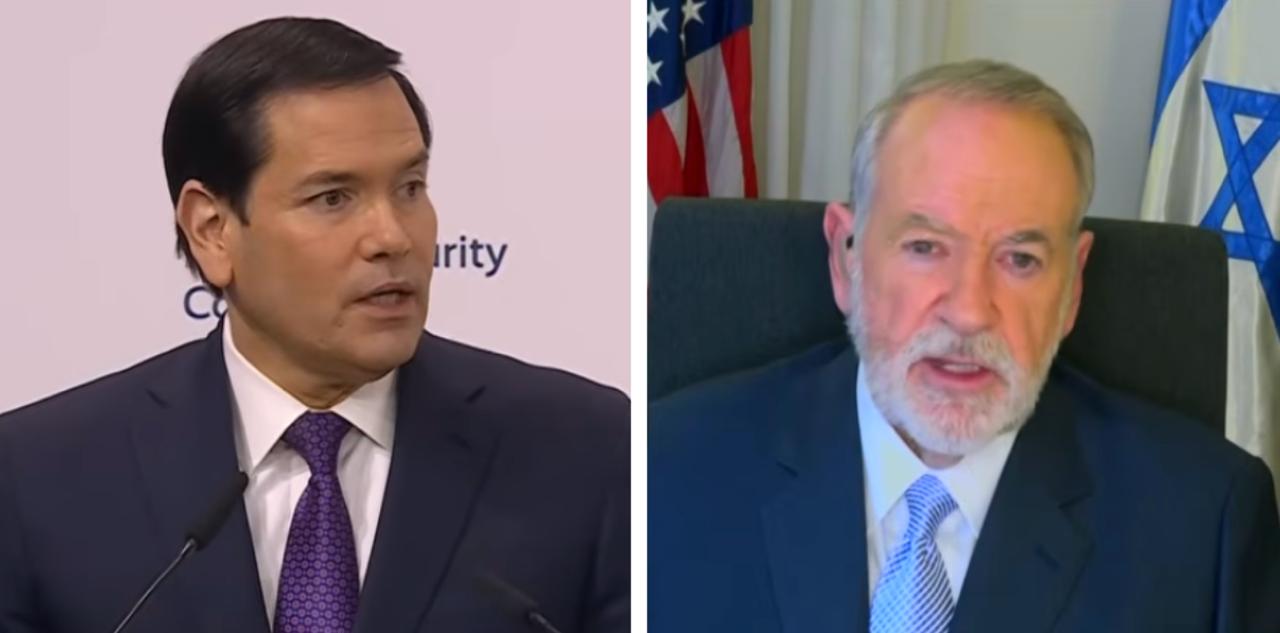Consider a recent event at Kennesaw State University in Georgia, where chemistry students were told that memorizing the names of foundational laws, named after white male scientists, was unnecessary. Last month, lecturer Rebekah Cordeiro, told the class that she had no intention of asking them to know Boyle’s Law or Charles’s Law. Why? “Because,” in her own words, “I don’t think it’s very important for you to know all these dead white dudes names.”
How professional.
Under Cordeiro’s brand of pedagogy, the legacy of scientific discovery—the historical recognition of those who laid the groundwork for centuries of progress—is expendable. Her dismissal of foundational names as insignificant in the learning process smacks of an unsettling trend in modern academia: erasing history for the sake of ideological purity. “What matters is the relationship between the variables, that you understand the relationship, and that you can use these laws in the math,” she insisted. Yet one must wonder—at what cost? Stripping the context and contributions of these key figures from the curriculum undercuts a fundamental part of understanding how science evolved and who shaped it. To reduce their work to anonymous equations risks depriving students of a richer, more holistic grasp of their field, one grounded in both knowledge and respect for the giants whose shoulders they stand on.
But why bother honoring these giants when they happen to be privileged white men, right?
Such practices are emblematic of a broader movement within academia that seeks to dismantle traditional curricula in the name of “equity” and “decolonization.” This trend is not confined to obscure campuses or radical departments; it is bolstered by substantial financial backing. For instance, the University of Pittsburgh recently received $5 million from the National Institutes of Health to enhance its “racial equity” training programs. That's $5 million of taxpayer money—spent on what, exactly? To push the questionable claim that systemic racism is a public health crisis in the United States. This narrative, however flimsy, insists that both overt and covert racism remain widespread issues, supposedly wreaking havoc across the nation. The University of Pittsburgh’s Racial Equity Consciousness Institute (RECI) claims its mission is to equip individuals and communities with the tools to "actively deconstruct racism and cultivate racial equity." It used to be about equipping students with genuine knowledge that benefited both them and society at large. Those days, as we can plainly see, are long gone. How much longer must we pretend that America’s primary divide is racial and not class-based? How much longer must we ignore that this nation is ruled by a powerful elite, while tens of millions—regardless of race—live as modern-day serfs?
Universities have become a joke, but who in their right mind finds this funny? These ideologically hijacked institutions preach “diversity” as a sacred value while actively rejecting intellectual diversity. In countless academic departments nationwide, not a single Republican professor can be found. This is the very essence of an echo chamber. Once places of lively debate and differing viewpoints, universities have morphed into places where heterodox opinions are unwelcome. Dissenting voices are marginalized or silenced, fostering an atmosphere where free speech is smothered and open debate is forbidden.
While Dartmouth College, an Ivy League institution, recently secured a “green light” rating from the Foundation for Individual Rights and Expression (FIRE), it stands as an exception in a landscape dominated by restrictive campuses. This small victory was credited to the efforts of President Sian Beilock and student leaders who initiated policy changes to promote free speech. Yet, this isolated success underscores a sobering reality. The price of challenging prevailing ideologies is steep—ostracism, academic punishment, and the risk of career derailment are constant threats. The loss of free speech on campuses has consequences that reverberate throughout society, stifling innovation and fostering an intellectual monoculture.
Trump’s challenge in reforming this system is truly immense. It’s not just universities that are corrupted; schools have become breeding grounds for activism masquerading as teaching. Blue-haired, self-proclaimed progressives project their personal struggles and mental illnesses onto students. Classrooms have become ideological incubation chambers. What passes as education is often little more than indoctrination. The word "groomer" is often thrown around recklessly, diluting its meaning and sparking unnecessary outrage. However, within educational institutions—from schools to universities—a specific type of grooming is occurring. Let’s call it credence conditioning. This isn't grooming in the physical sense; it's psychological—where beliefs are subtly and persistently embedded into young minds.
Breaking this cycle will take more than executive orders or flashy initiatives; it requires a fundamental rethinking of higher education's mission and practices. The issues festering in schools and universities inevitably seep into broader society as these students graduate and carry their ideological baggage into fields like education, healthcare, and media. To truly change America's trajectory, a sweeping reform of the education system is essential. This will take years to rectify, and it's an issue Donald Trump must tackle immediately upon returning to office.





